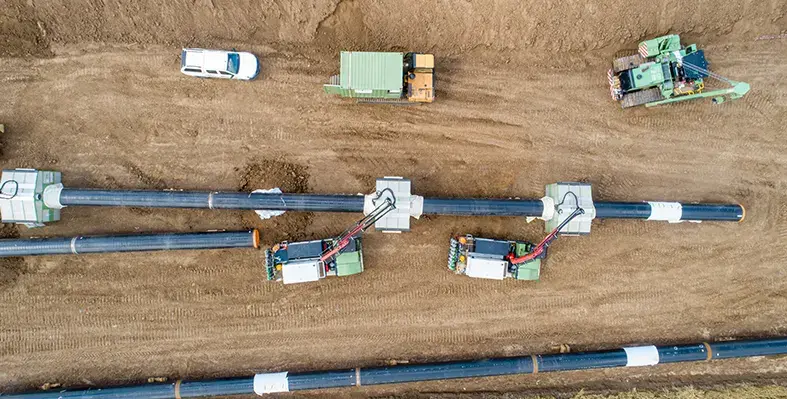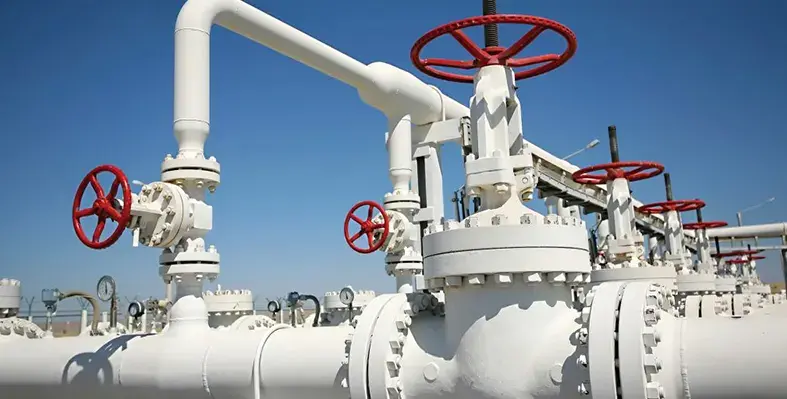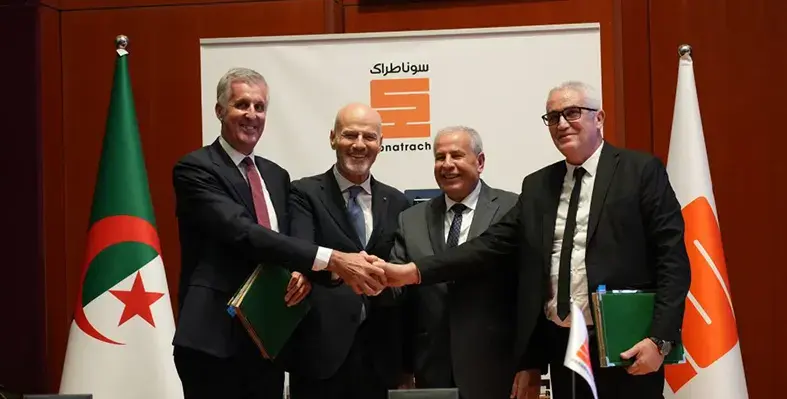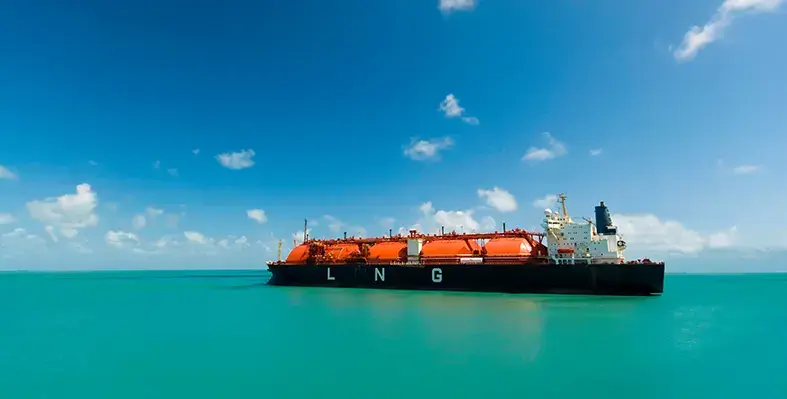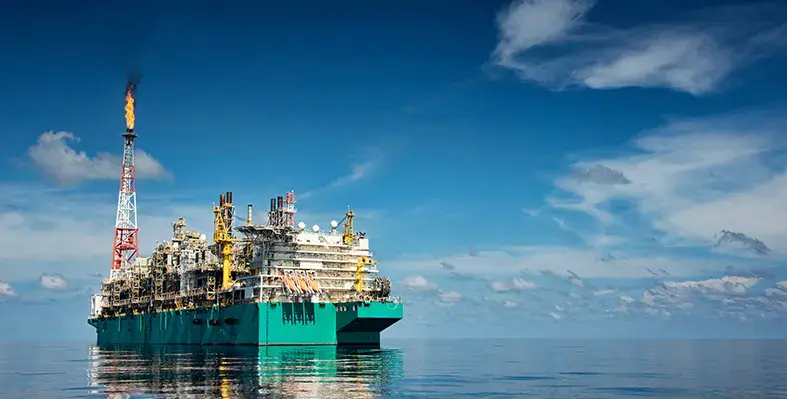Tanzania-focused oil and gas exploration company, Aminex, has notified that the construction of the pipeline from the Ntorya gas field to the Madimba gas processing plant is set to commence this month, with an aim to complete and commission it by the end of July 2026.
APT is currently awaiting approval from the Petroleum Upstream Regulatory Authority (PURA) on its tender strategy for contracting a rig to drill the Chikumbi-1 well and conduct a workover on the Ntorya-1 well along with all related services.
Charles Santos, executive chairman of Aminex, said, "We are delighted that work on the pipeline will commence this month, marking the start of the construction phase of the Ntorya Gas Development. With a plan to complete the Pipeline by July 2026 and expectation of starting a rig tender process very soon, the project is well on its way to producing first gas next year.
"We are grateful to the TPDC, PURA and other agencies, which have backed the Government of Tanzania’s strong commitment to our project with their hard work. And we thank APT as the operator for managing the dynamic work streams to reach this milestone.
"As the discoverer of the Ntorya Gas Field and founding partner in the development, we have long believed the project will be a gamechanger for Tanzania’s energy landscape. Gas from the first phase of development will be staying in Tanzania to help power homes, boost industrial development and the regional economy and replace dirtier fuels such as coal and charcoal. This has long been our vision and now we are very excited to be so much closer to realising that vision.”






